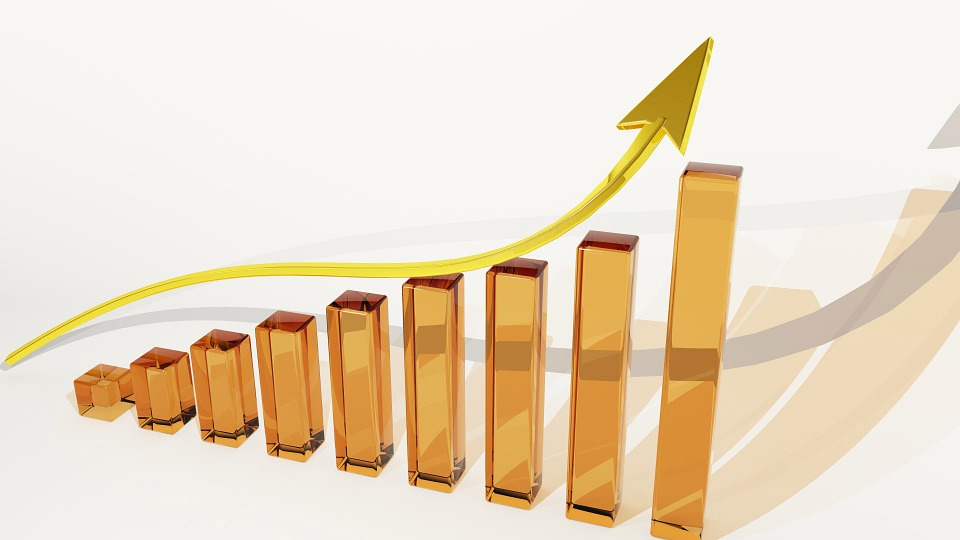Business and Economy
R&I affirms investment grade rating for PH

It cited the stable financial system in the country as among the positive factors for the country. (Pixabay photo)
MANILA — Japanese debt rater Rating and Investment Information, Inc. (R&I) affirmed its investment grade rating of BBB with Stable outlook on the Philippines’ foreign currency issuer rating.
In a statement, the credit rater expects the domestic economy to remain on solid ground driven by aggressive infrastructure investment under President Rodrigo Duterte’s administration.
It cited the stable financial system in the country as among the positive factors for the country.
“Anticipated widening of the fiscal deficit and another current account deficit will unlikely be a major disturbing factor,” it said.
Among those that boosted the credit raters’ optimism on the domestic economy are the strong private consumption, sustained rise of investments and fiscal discipline.
The debt rater does not see lots of negative factors for the domestic economy that could provide downward pressure on the country’s creditworthiness.
This, even on the back of the recent strong growth of imports as a result of higher domestic demand, which in turn has resulted in a slight deficit in the country’s current account position after being in surplus for 13 consecutive years or since 2003.
“R&I does not immediately take a negative view of the shift from a surplus mainly attributable to remittances from overseas, which tend to be used for consumption, to a deficit stemming from capital goods imports that can be the seeds of future economic growth,” the report said.
The Duterte administration targets a gross domestic product (GDP) of between 6.5-7.5 percent this 2017 and between 7 and 8 percent from 2018-22.
“To that end, it is essential to sustain the momentum of investment from inside and outside the country by improving the business environment through continued reforms,” the report said.
On Tuesday afternoon, Duterte signed the first package of the Tax Reform for Acceleration and Inclusion Act (TRAIN), which cuts the personal income tax of workers.
The first package of the tax reform aims to give workers higher take home pay and correct the inequities in the tax system.
“R&I will keep an eye on whether solid economic growth will bring about a steady rise in income levels. Going forward, given likely inflation pressure from tax reforms, higher oil prices and the weaker currency, as well as from buoyant domestic demand, consumer price trends and the way the central bank controls the situation would draw our attention,” the statement said.
The debt rater said inflation is seen to be hit by the expected sustained hikes in oil prices and the tax reform but pointed out that “if managed within the target range of two to four percent, however, inflation will not be a drag on the economy.”
“Eyes are on the BSP’s (Bangko Sentral ng Pilipinas) handling in inflation control while preserving economic growth momentum,” it added.
As of end-November this year, inflation averaged at 3.2 percent.





















